Table of Contents
- Check if the power battery of your electric luggage is removable.
- If the power battery is not removable, the luggage cannot be checked and can only be carried on, within the restrictions set by the airline.
- If your electric luggage has a removable power battery, simply detach the battery and carry it with you.
- Check in the luggage with the detached power battery for storage.
- You can confidently board the plane with your luggage.
- Upon arrival, retrieve your checked luggage and reattach the removable power battery.

What is electric luggage?
- Electric luggage
Electric luggage refers to suitcases or travel bags that are equipped with built-in electric features and technology. These features typically include a motorized system that allows the luggage to move autonomously, eliminating the need for the traveler to physically pull or push it. Electric luggage often incorporates wheels, sensors, and a control system that enables the suitcase to follow its owner, avoiding obstacles and maintaining a certain distance.
- Main Functions
The primary purpose of electric luggage is to provide convenience and ease of use for travelers, particularly those who have heavy or bulky bags. By eliminating the need to physically carry or drag their luggage, travelers can experience less strain and fatigue while navigating through airports, train stations, or other travel destinations.
- Add-On Features
Some electric luggage models also offer additional features such as built-in GPS tracking, USB charging ports for electronic devices, integrated scales to weigh the bag, and ride-on and remote control capabilities. These features aim to enhance the overall travel experience and provide practical functionalities to modern-day travelers.
- Points of Attention
It's worth noting that while electric luggage offers convenience, it may come with limitations such as battery life and weight restrictions imposed by airlines. Therefore, it's essential to check with airlines and adhere to their guidelines when traveling with electric luggage.

Electric luggage can be brought into the plane?
The allowance of electric luggage on airplanes depends on the specific regulations of the airline and airport. Some airlines may permit passengers to bring electric luggage on board, but there may be certain restrictions. For example, the battery capacity of the electric luggage may need to comply with specific limitations, and the battery may be required to be removed during security checks. Additionally, airport security regulations and guidelines from the International Civil Aviation Organization (ICAO) may also impose regulations on the carriage of electric luggage.
Therefore, if you plan to bring electric luggage on a plane, it is advisable to check with the airline and airport before your trip to understand their regulations and limitations. This will ensure compliance with the relevant guidelines and avoid any issues during security checks or boarding.
However, with Airwheel electric luggage, you don't have to worry about this because Airwheel electric luggage is equipped with a removable power bank battery. Whether you want to carry the luggage with you or check it in, you just need to remove the battery before boarding the plane and carry it with you.

What are the battery restrictions for international flights?
- Carry On Bags: Yes
- Checked Bags: Yes (Special Instructions)
Spare (uninstalled) lithium ion and lithium metal batteries, including power banks and cell phone battery charging cases, must be carried in carry-on baggage only. Lithium metal (non-rechargeable) batteries are limited to 2 grams of lithium per battery. Lithium ion (rechargeable) batteries are limited to a rating of 100 watt hours (Wh) per battery. These limits allow for nearly all types of lithium batteries used by the average person in their electronic devices.
This instruction covers spare lithium metal and spare rechargeable lithium ion batteries for personal electronics such as cameras, cell phones, laptop computers, tablets, watches, calculators, etc. This instruction also includes external battery chargers (portable rechargers and power banks) containing a lithium ion battery. For more information, see the FAA regulations on batteries.
For lithium batteries that are installed in a device (laptop, cell phone, camera, etc.), see FAA regulations for "portable electronic devices, containing batteries".


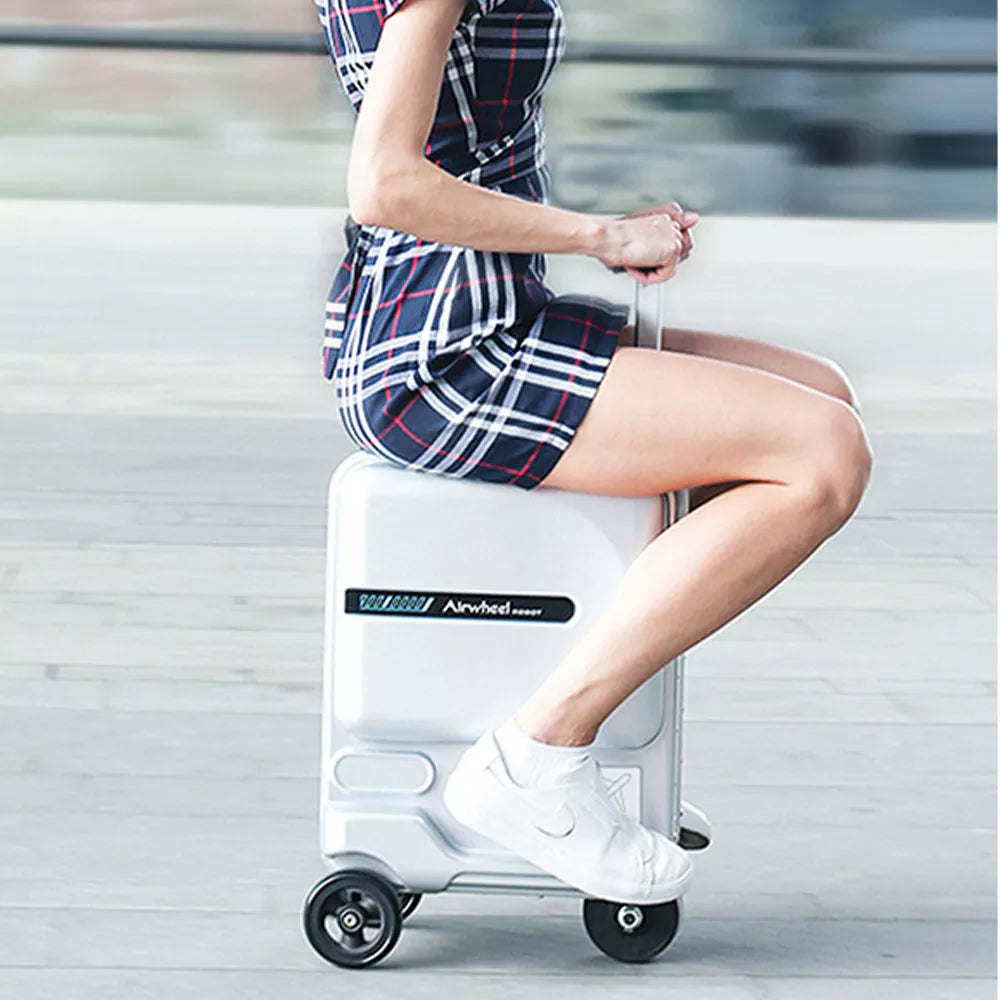
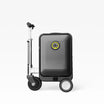
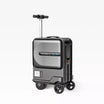
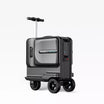

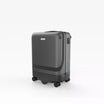
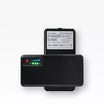
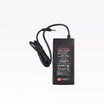




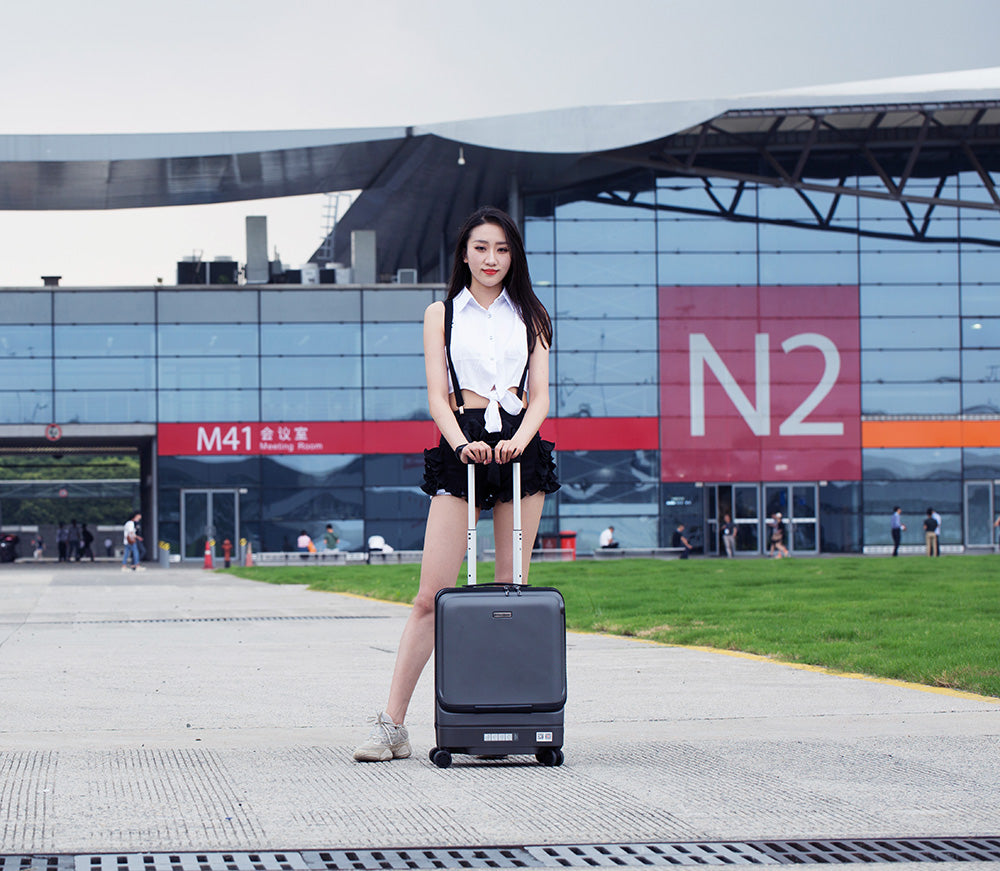
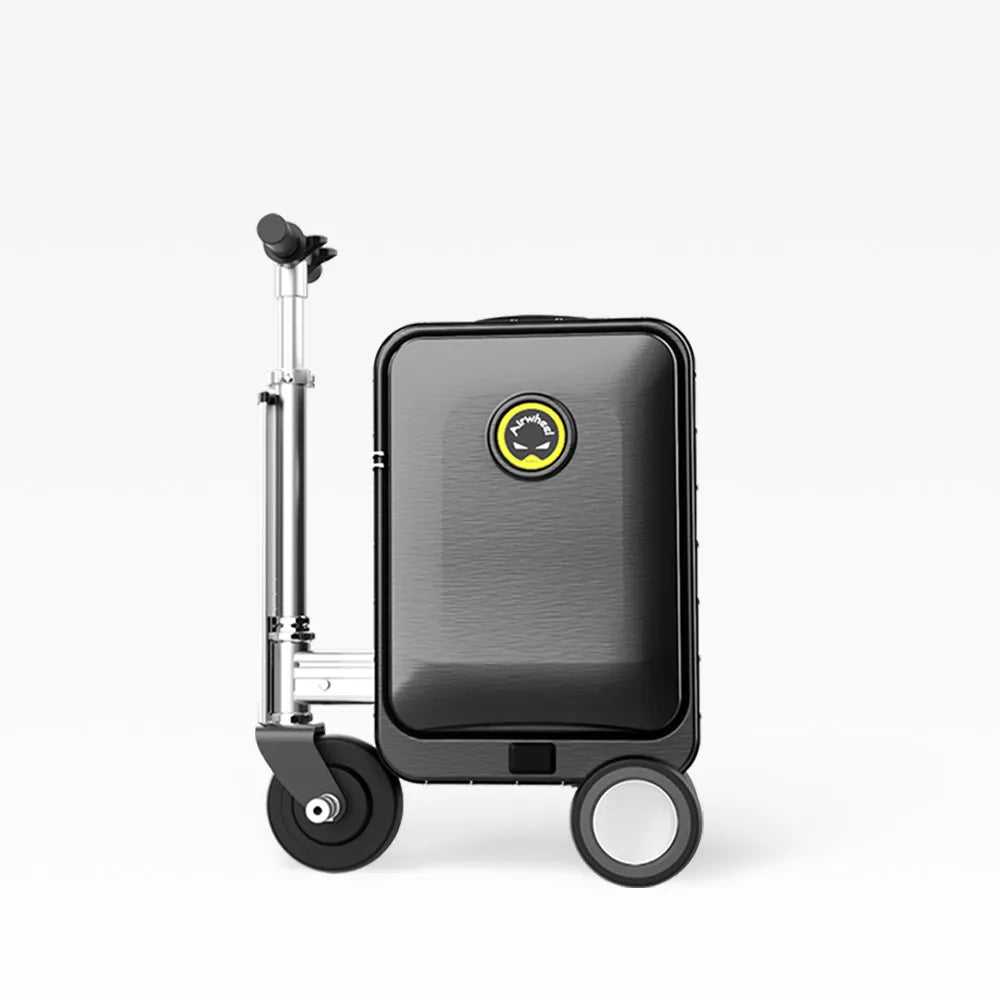
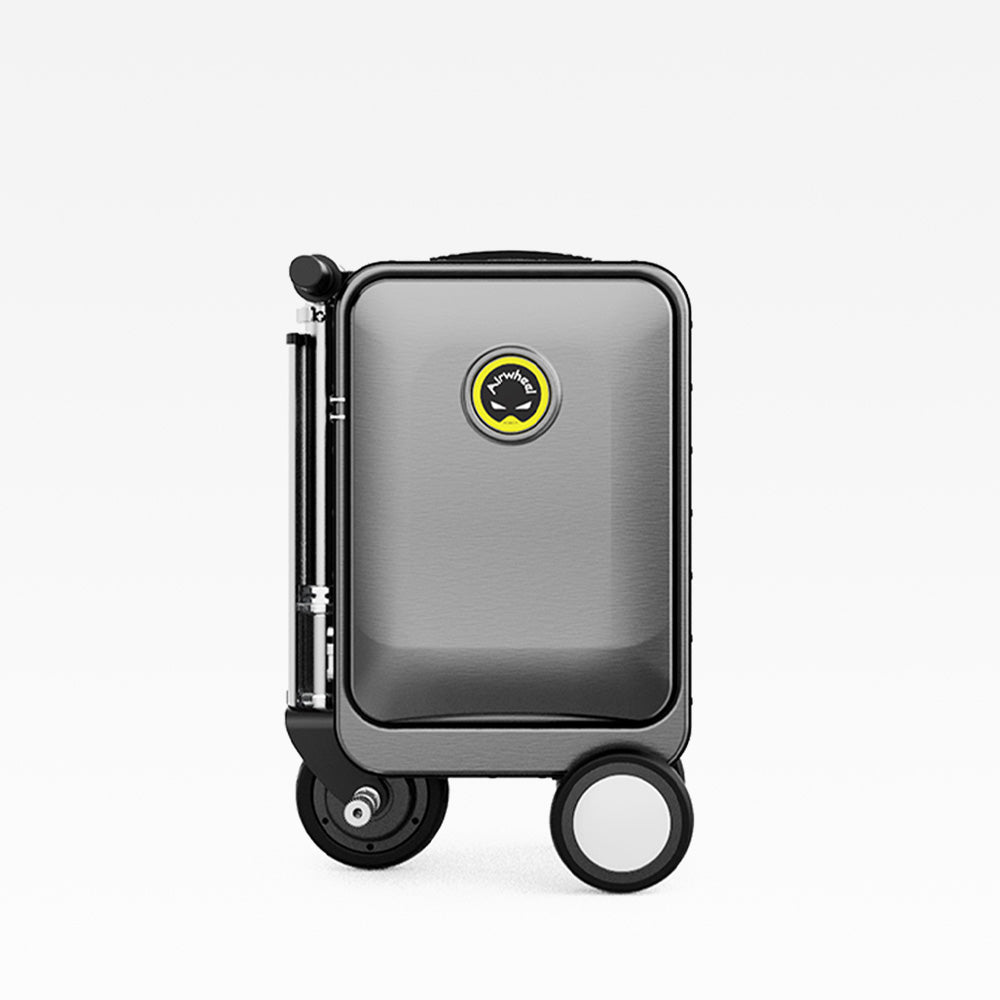
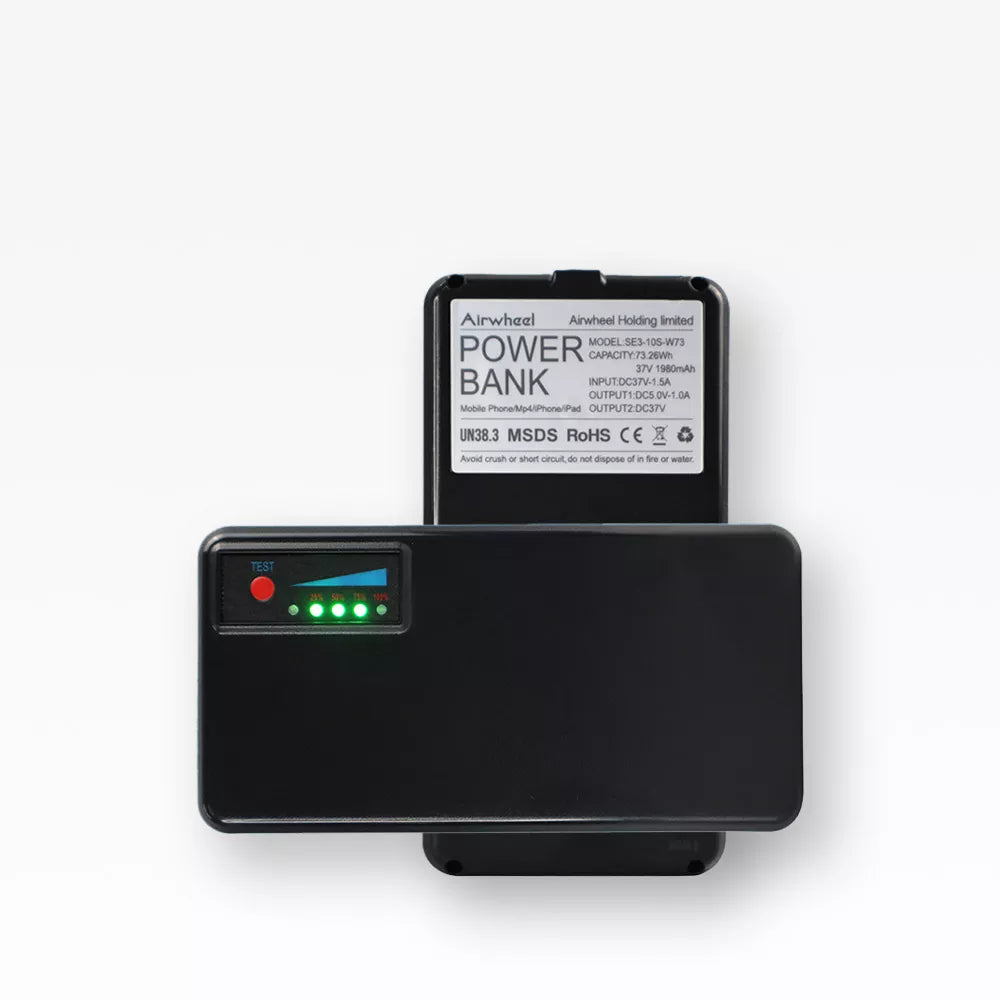
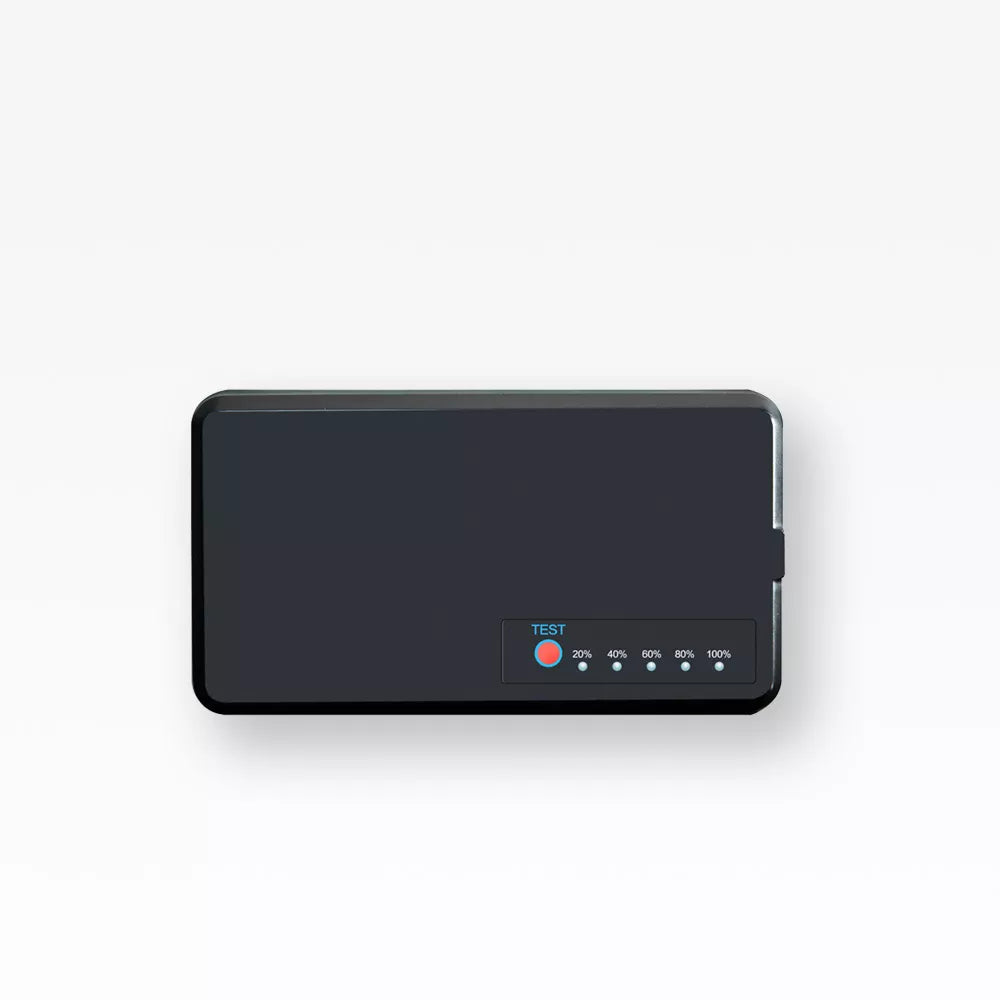
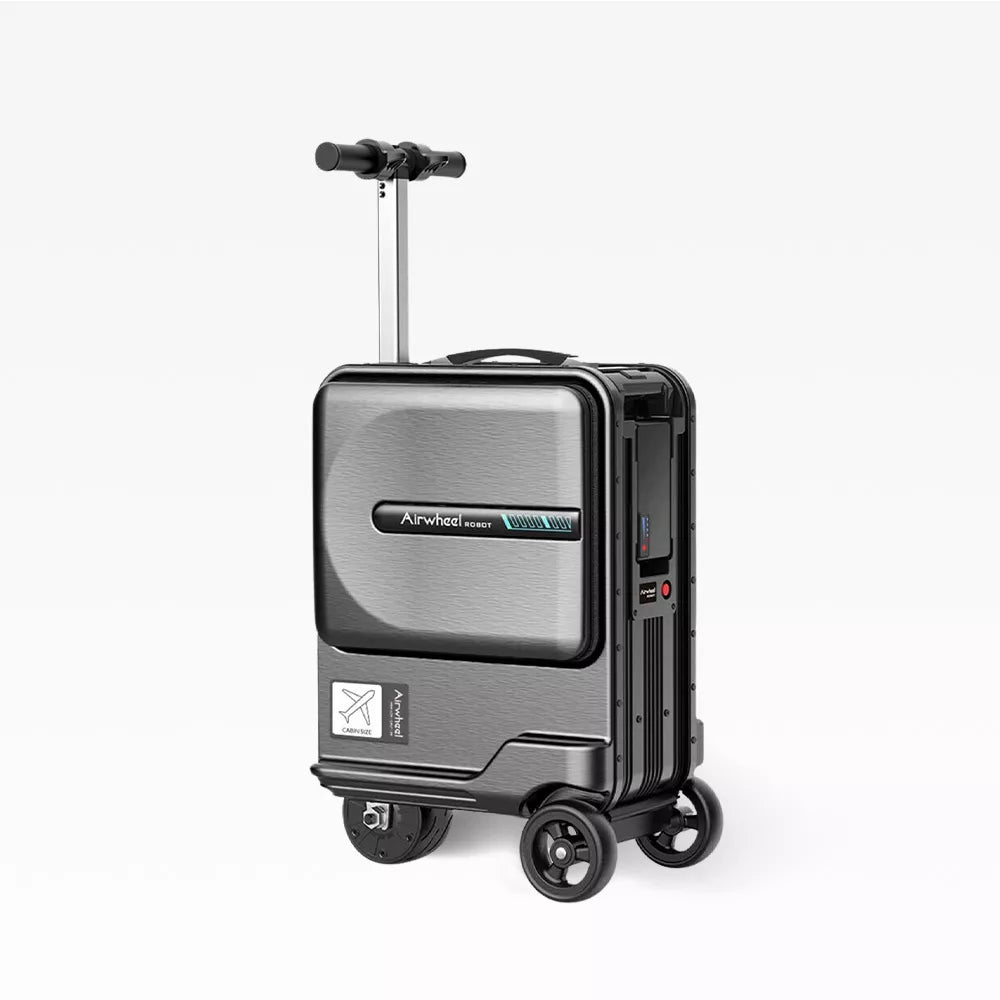
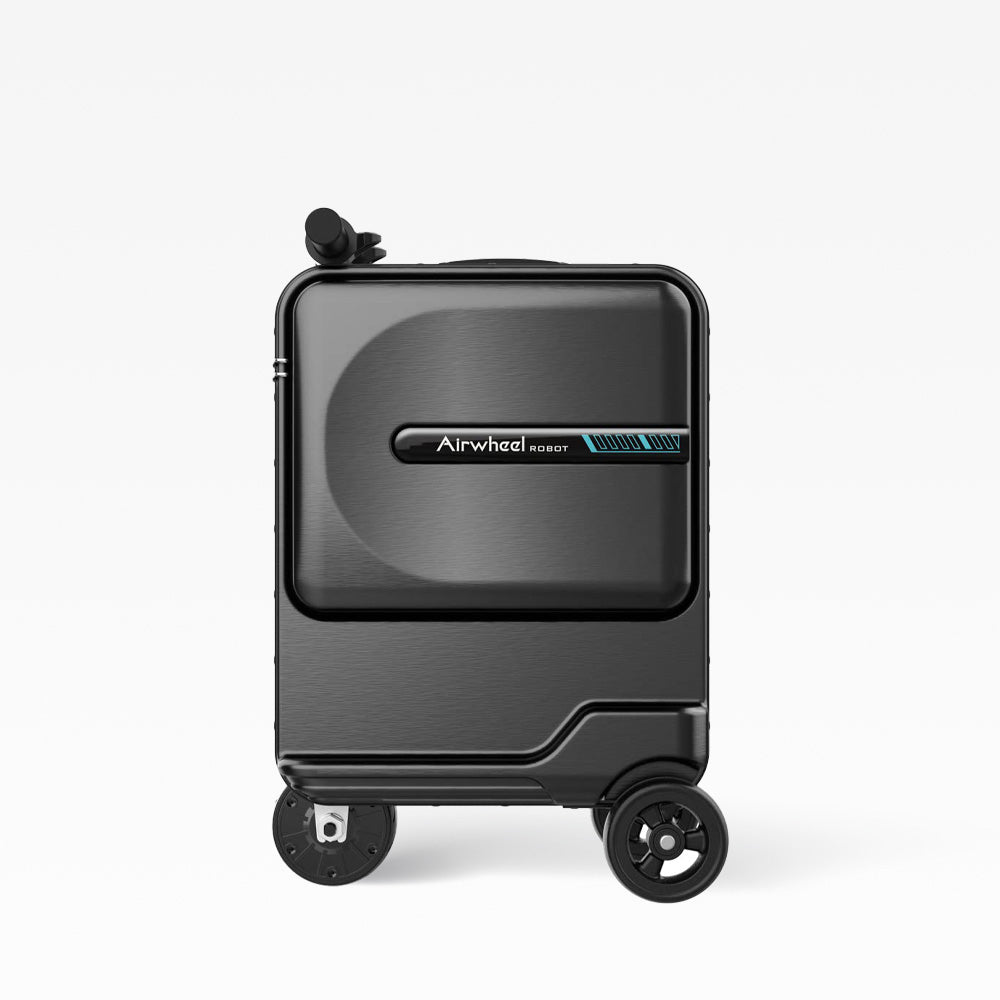

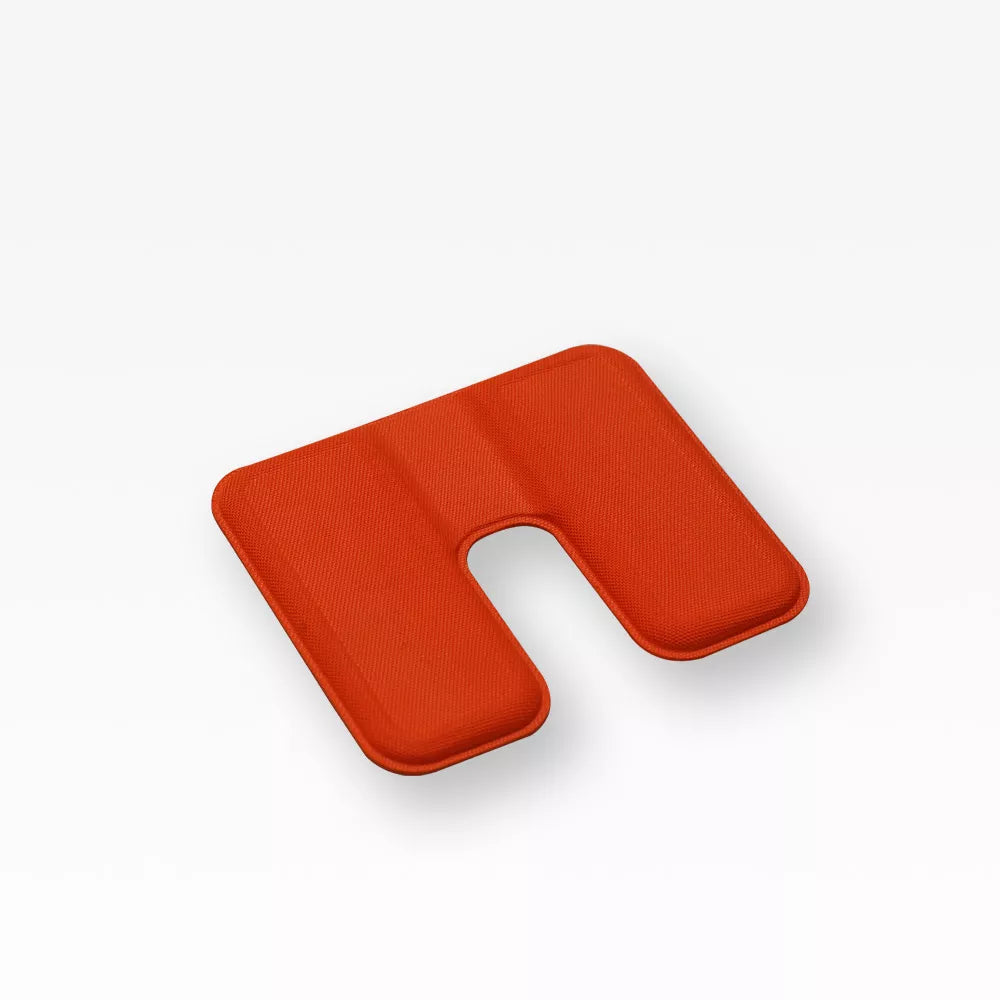
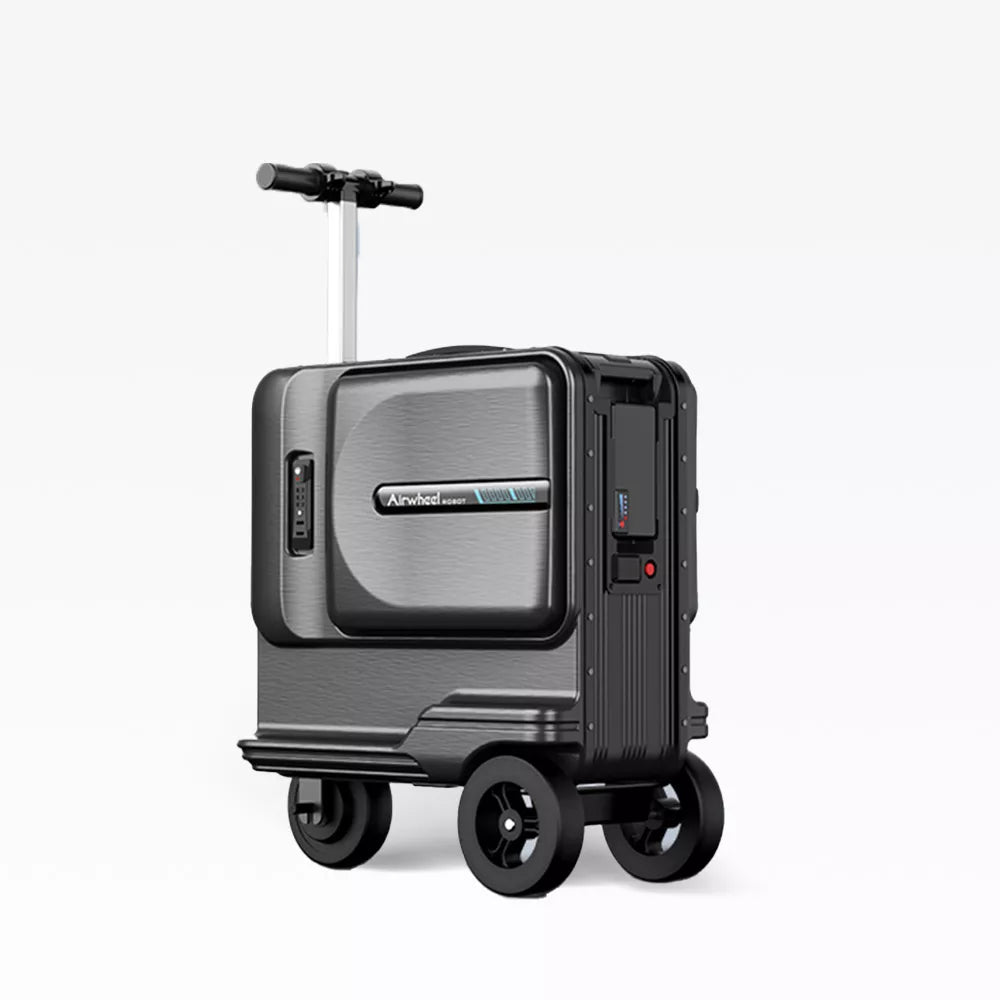
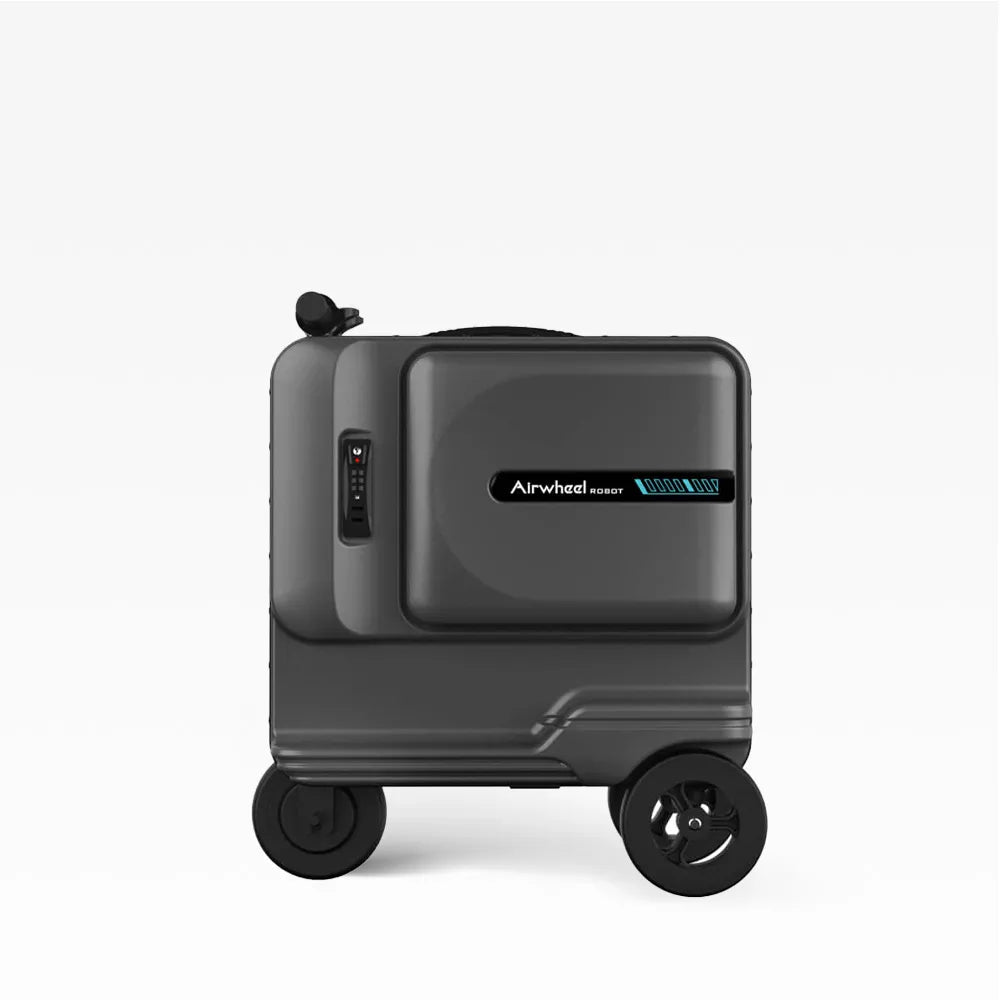
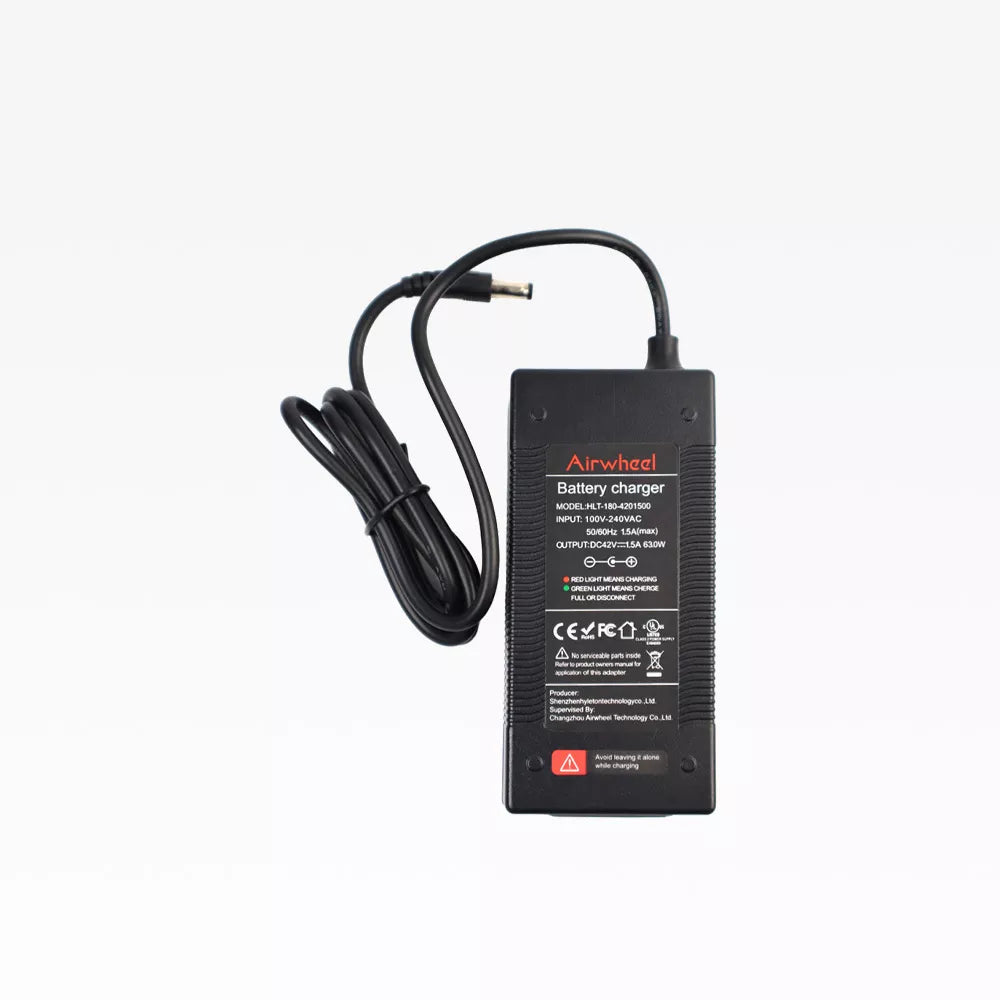
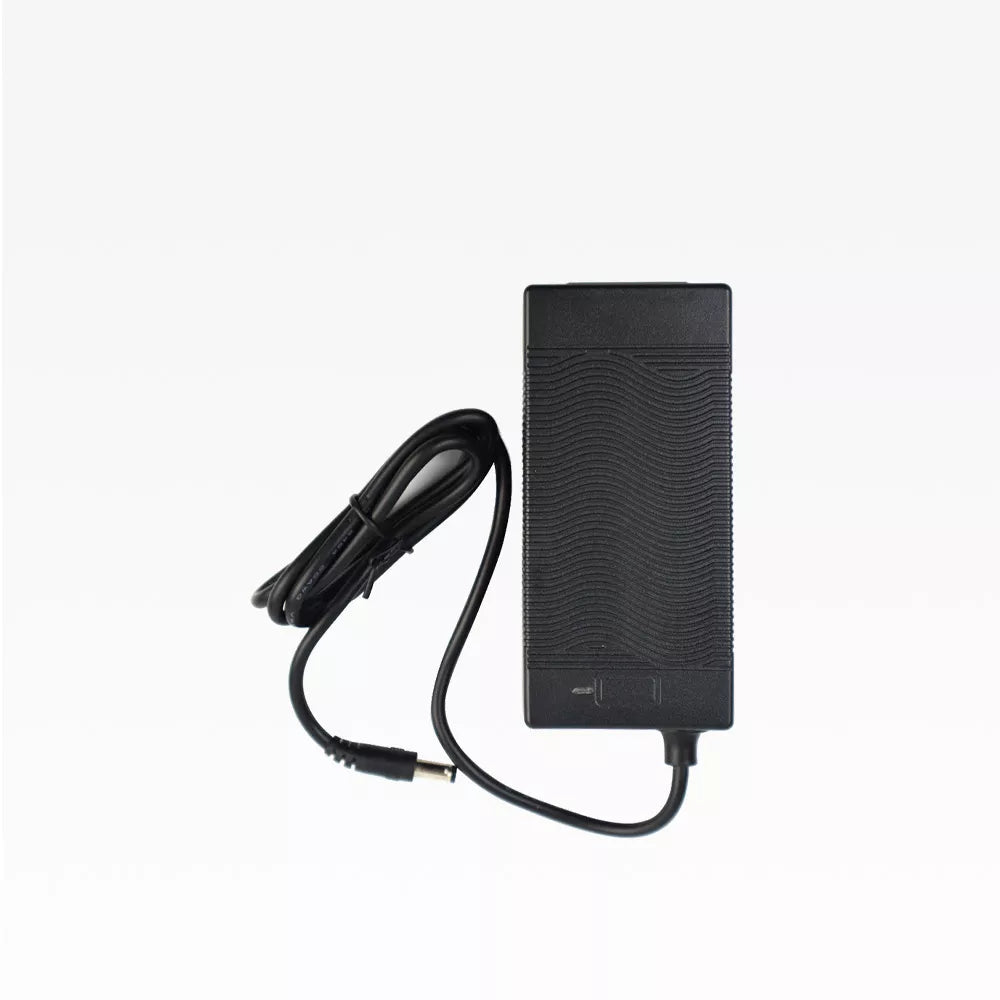

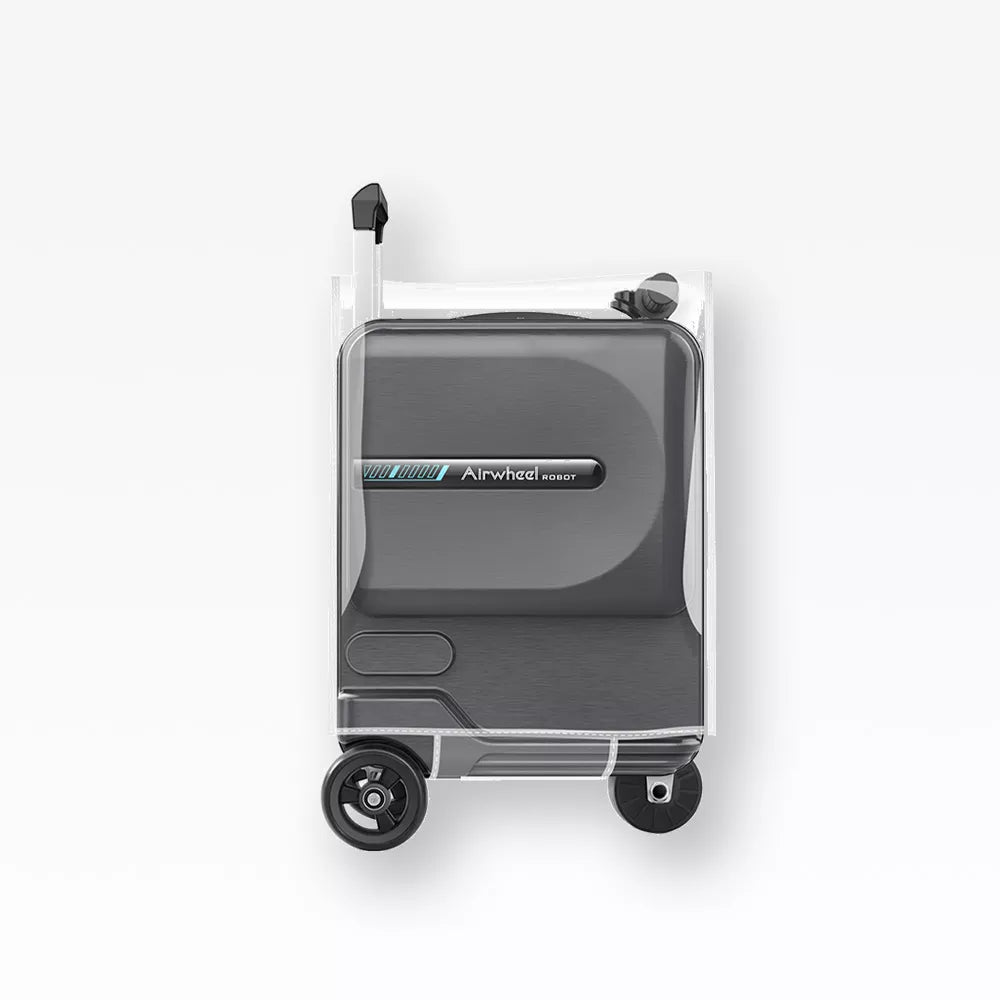
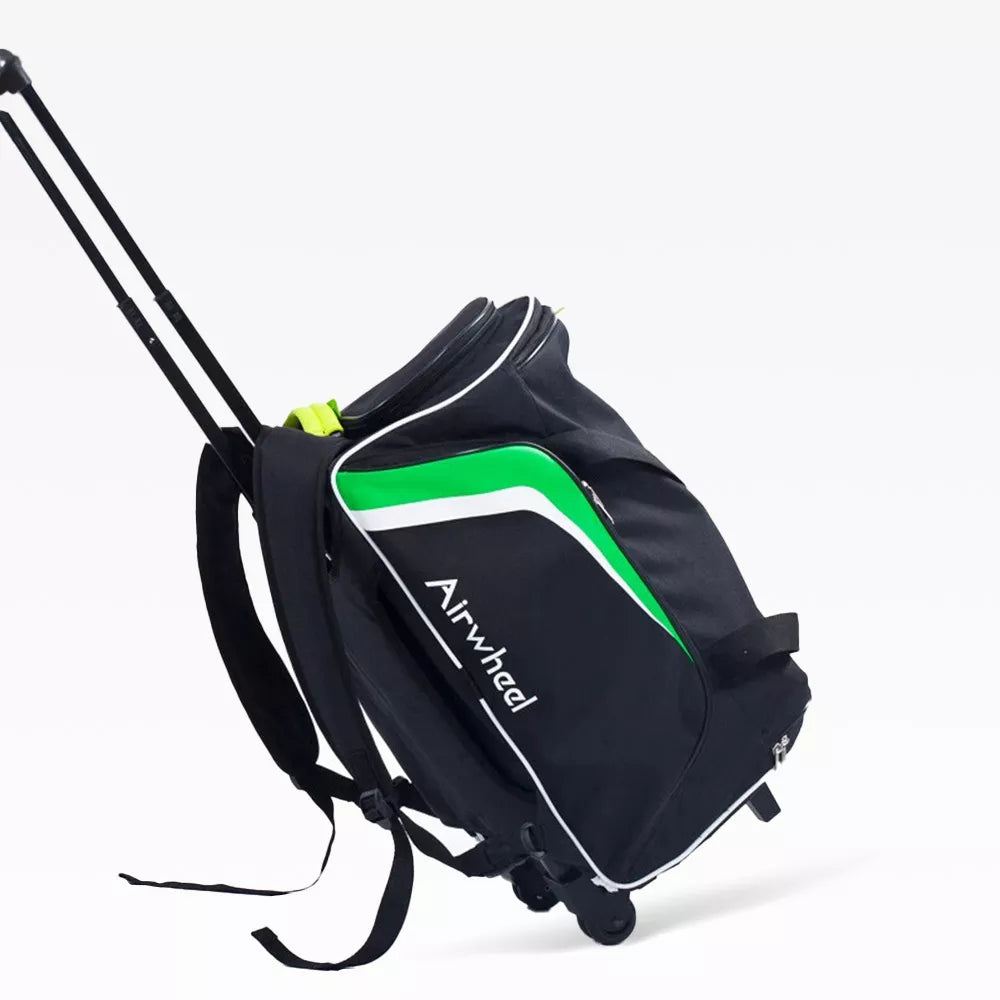
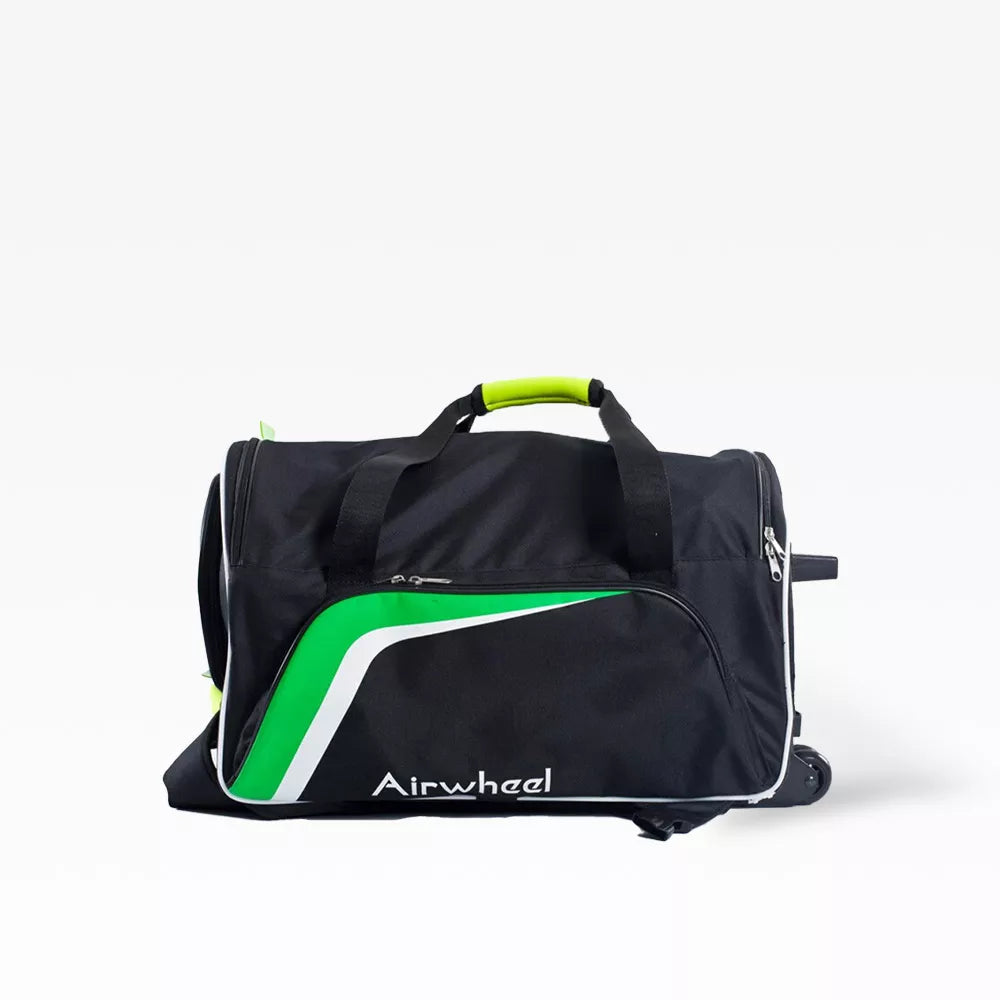
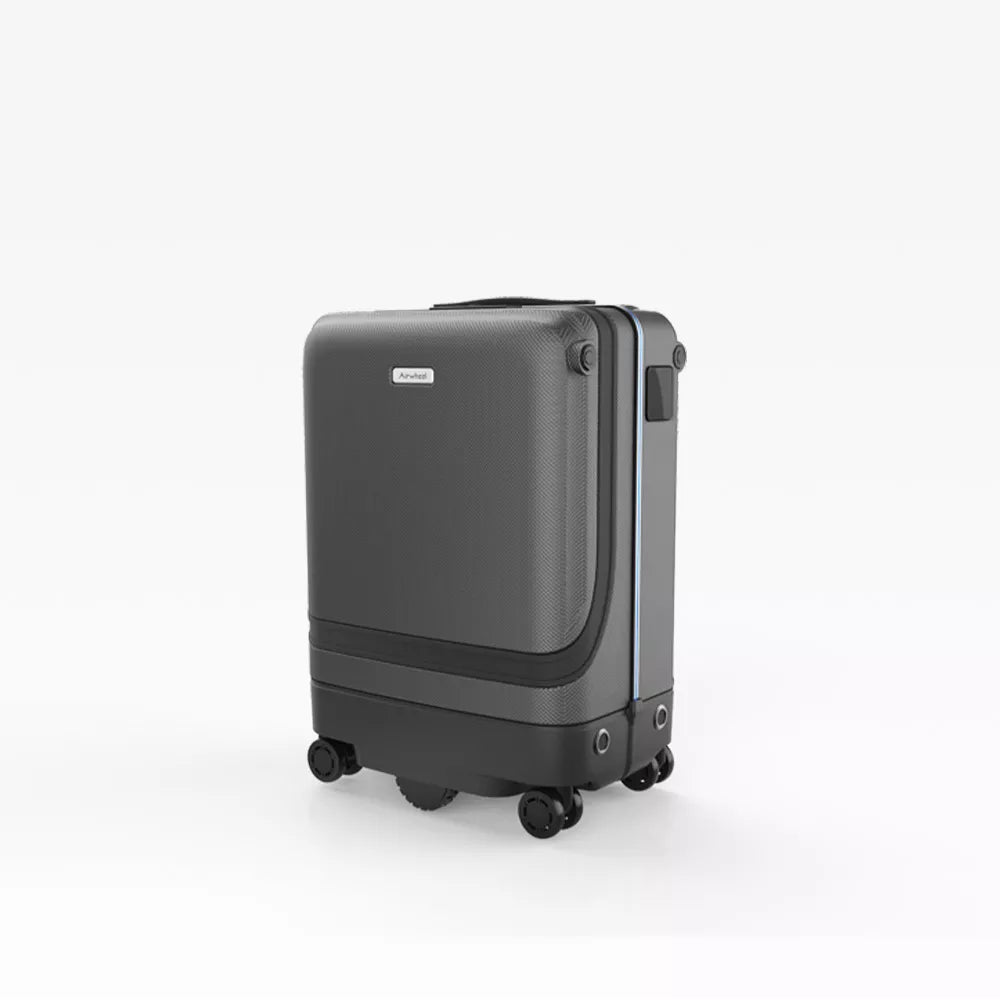
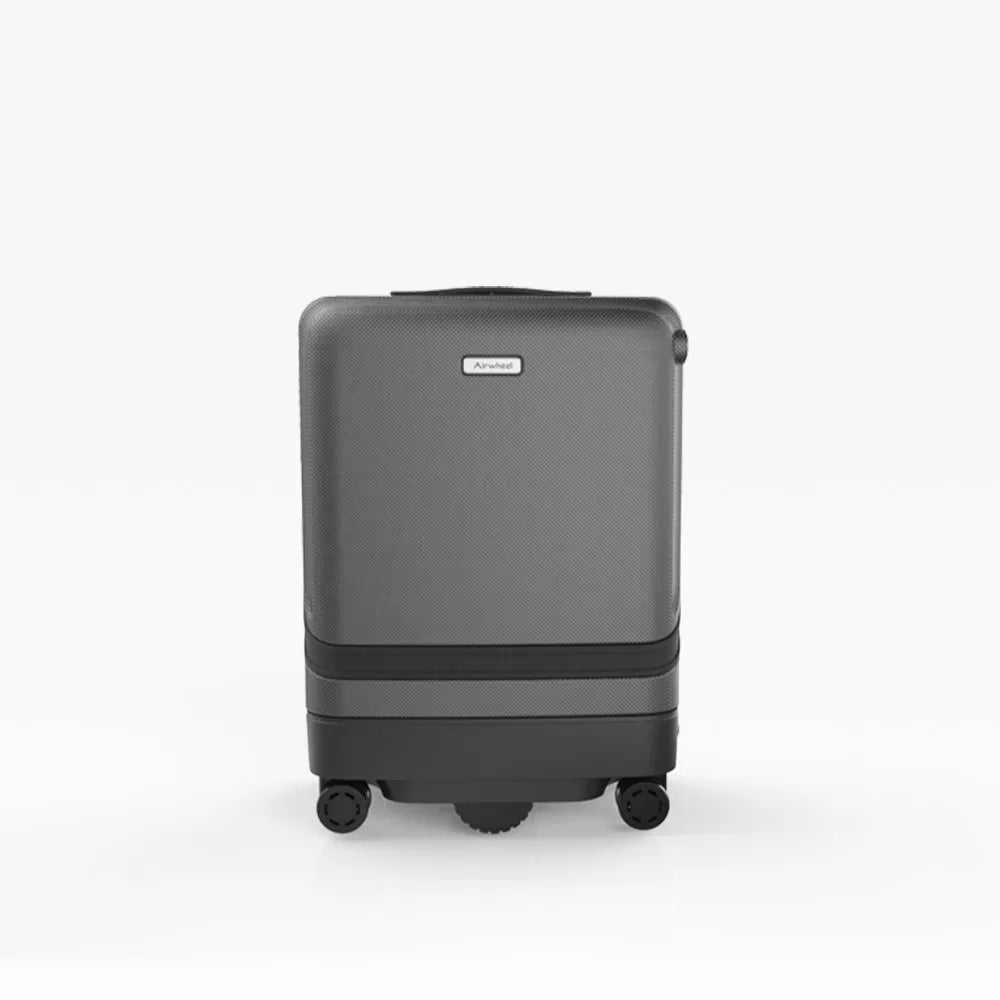


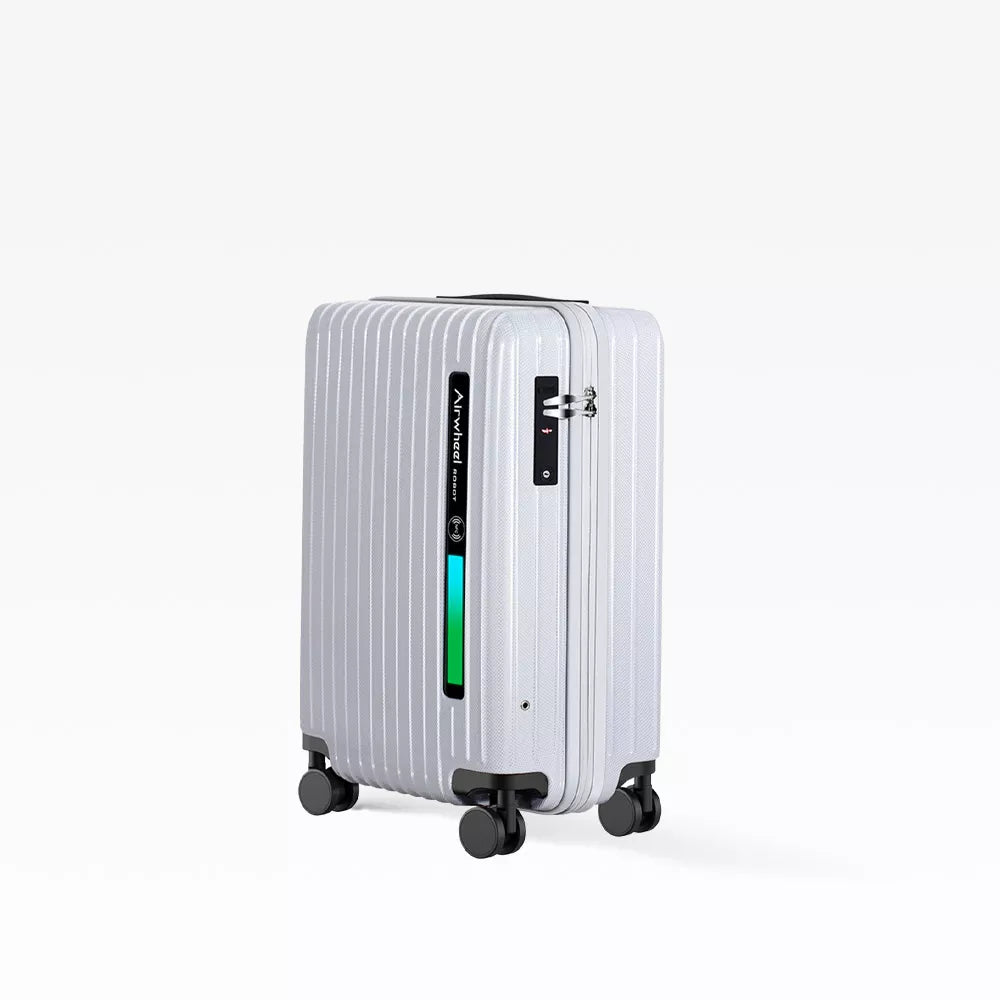
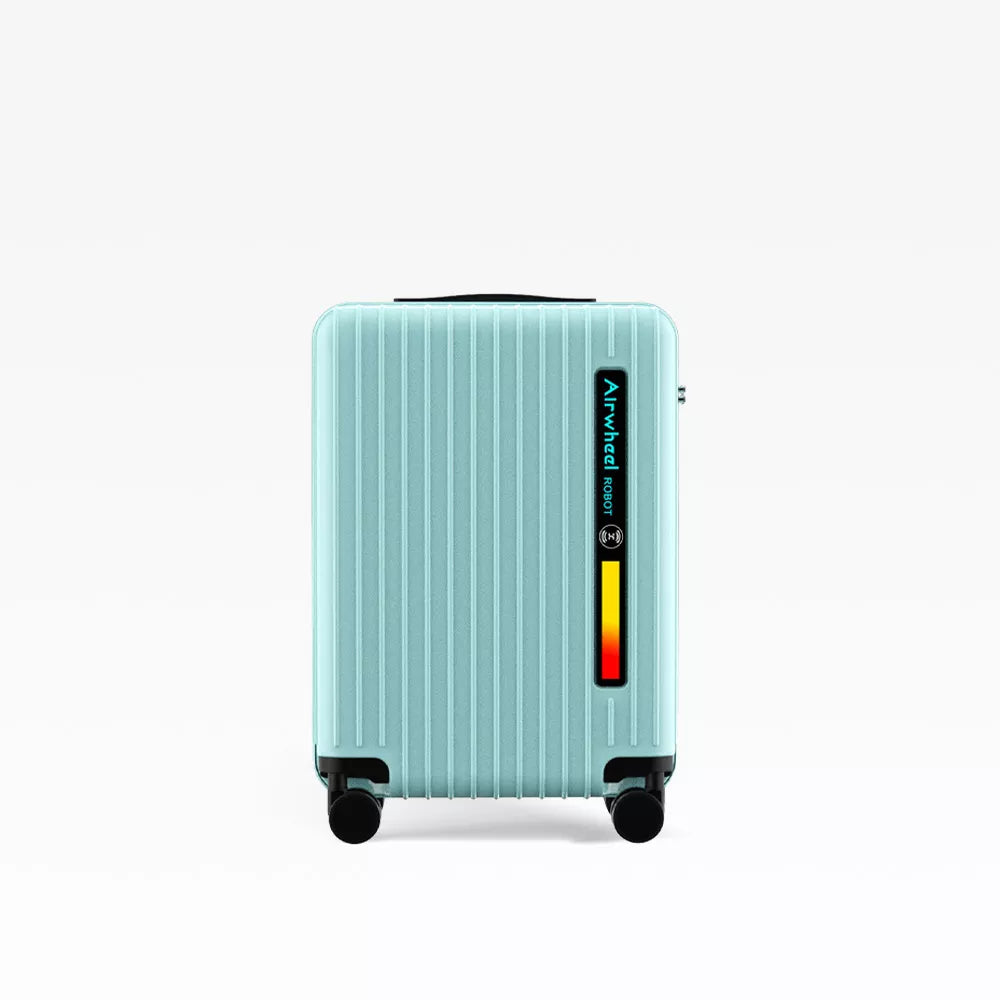
Leave a comment
เว็บไซต์นี้ได้รับการคุ้มครองโดย hCaptcha และมีการนำนโยบายความเป็นส่วนตัวของ hCaptcha และข้อกำหนดในการใช้บริการมาใช้